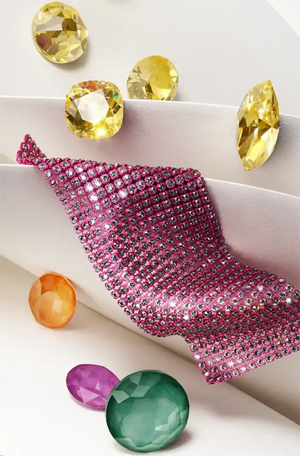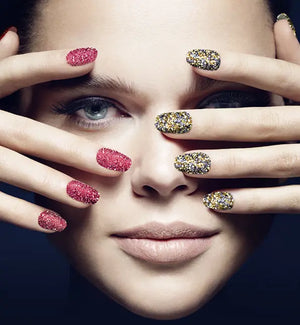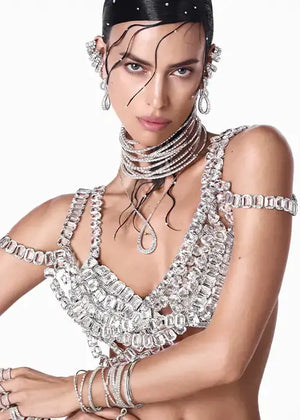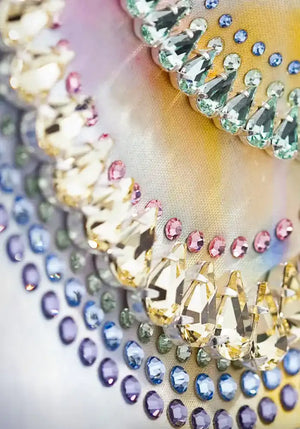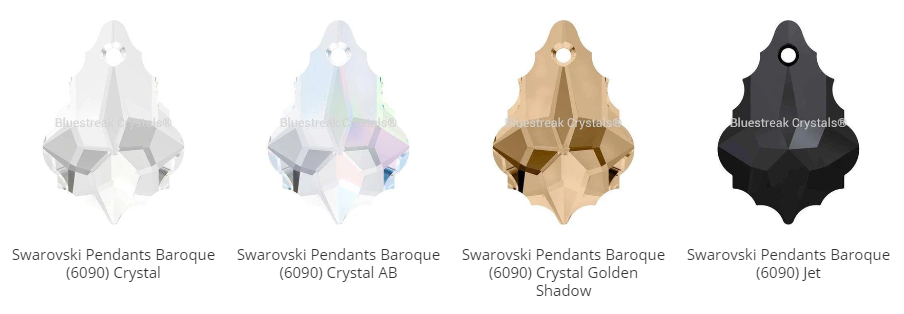
4 Different Types of Gold Jewelry
When it comes to jewelry, gold has been a timeless favorite for centuries - but did you know that there's so much more to gold jewelry than just a simple yellow band? In fact, the world of gold jewelry is incredibly diverse, offering a wide range of styles, colors, and designs to suit every taste and occasion.
So whether you're a jewelry enthusiast looking to expand your collection or someone searching for the perfect piece to mark a special moment, understanding the different types of gold jewelry can help you make an informed choice that you'll treasure for years to come. Let’s take a look.
Understanding Gold Karats
Before we dive into the various types of gold jewelry, it's important to understand what we mean when we talk about gold karats. Enter the karat system; the karat system is a way of measuring the purity of gold, with 24 karats being pure gold. However, pure gold is actually too soft for everyday wear, which is why most gold jewelry is made with alloys that combine gold with other metals to increase durability. You'll commonly find gold jewelry in 18 karat (75% gold), 14 karat (58.3% gold), and 10 karat (41.7% gold) varieties, each offering a different balance of purity and durability.
Classic Gold Jewelry Styles
When you think of gold jewelry, certain classic styles probably come to mind; engagement rings, wedding bands, simple gold chains, and hoop earrings are all examples of classic gold jewelry styles that never seem to go out of fashion. These pieces often feature clean lines and simple designs that showcase the natural beauty of the gold itself.
If you're looking to add some sparkle to your gold jewelry collection, you might want to check out our collection of finest Swarovski pendants, which can complement your gold pieces beautifully.
Contemporary Gold Jewelry Trends
While classic styles will always have their place, contemporary gold jewelry trends are constantly evolving, offering fresh and exciting options for those who want something a little different. In recent years, we've seen a rise in popularity of minimalist designs, asymmetrical shapes, and mixed metal pieces that combine gold with other precious metals. Stackable rings and layered necklaces have also become increasingly popular, allowing wearers to create unique, personalized looks by combining multiple pieces.
Different Types of Gold Jewelry
Now, let's explore some of the main types of gold jewelry you're likely to encounter when shopping for these pieces:
Yellow Gold Jewelry
Yellow gold is what most people think of when they imagine gold jewelry; it's the natural color of gold and has a warm, rich tone that complements many skin tones. Yellow gold jewelry is often associated with traditional and classic designs, but it's also used in contemporary pieces for a touch of timeless elegance.
White Gold Jewelry
White gold has become increasingly popular in recent decades, especially for engagement rings and wedding bands. It's created by alloying yellow gold with white metals like palladium or nickel and is often plated with rhodium for extra shine. White gold offers a modern, sleek look that's similar to platinum but often at a more accessible price point.
Rose Gold Jewelry
Rose gold, also known as pink gold, has a warm, romantic hue that's achieved by alloying gold with copper, and has become incredibly popular in recent years for its unique color that flatters many skin tones. Rose gold can be used in both vintage-inspired designs and ultra-modern pieces, making it a versatile choice for many jewelry lovers.
Specialized Gold Jewelry Types
Beyond the basic gold colors, there are also several specialized types of gold jewelry that offer unique aesthetic qualities and wearing experiences:
Gold Jewelry with Gemstones
Gold makes an excellent setting for gemstones of all kinds, from diamonds to colored stones like sapphires, rubies, and emeralds. The warm tone of yellow gold can enhance the fire of diamonds and provide a beautiful contrast to colored gems, while white gold offers a neutral backdrop that lets colorful stones take center stage.
Choosing the Right Gold Jewelry
When selecting gold jewelry, there are several factors to consider. Think about your personal style and the occasions where you'll be wearing the piece. For example, consider your skin tone and which color of gold might be most flattering, and don't forget to take into account your lifestyle and choose a karat that will stand up to your daily activities.
And of course, always purchase from reputable sellers to ensure you're getting high-quality, genuine gold jewelry.
Care and Maintenance of Gold Jewelry
To keep your gold jewelry looking its best, it's important to care for it properly, which is why regular cleaning is essential to help maintain its shine and prevent buildup of dirt and oils. You can clean most gold jewelry at home with mild soap and warm water, but for more detailed cleaning tips, you might want to check out our guide on how to clean gold jewelry. For pieces with gemstones or intricate designs, professional cleaning may be necessary.
The Bottom Line
Overall, gold jewelry is more than just a beautiful accessory; it's a versatile and enduring form of personal expression that can be cherished for a lifetime. Whether you prefer the classic warmth of yellow gold, the modern sleekness of white gold, or the romantic blush of rose gold, there's a type of gold jewelry out there to suit every style and occasion.



